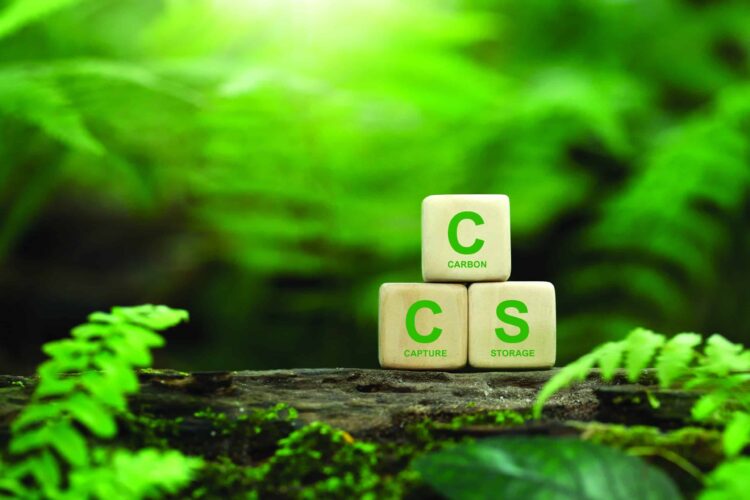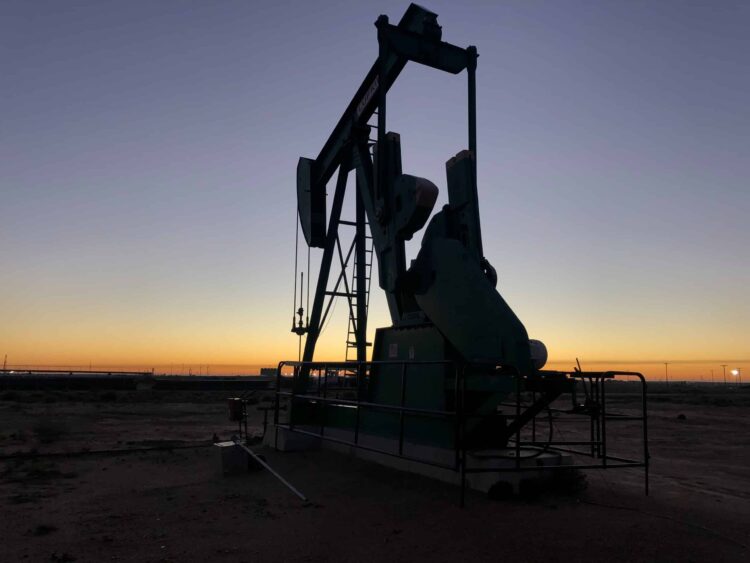Are You Developing New Carbon Capture Technologies? You Could Be Eligible for Funding

Authors: Deron Kuski, K.C., Jodi Wildeman, K.C., Bennet Misskey, Andrew Konopelny
The federal government will provide funding for novel carbon capture, utilization and storage (CCUS) projects to help Canada achieve its ambitious net zero targets.
In April, Natural Resources Canada (NRCan) selected a number of front-end engineering and design studies for large-scale CCUS facilities that could be eligible for government funding. The government has now set its sights on funding the research, development and demonstration (RD&D) of new carbon capture technologies.
On July 7, NRCan began soliciting expressions of interest (EOI) from parties working on the RD&D of novel carbon-capture technologies. Applications are due by October 3, 2022. Here’s an overview of the expected outcomes of RD&D projects and the eligibility requirements to qualify for funding.
The government is looking to fund the RD&D of next-generation technologies that have the potential to significantly reduce the costs of capturing CO2 and make carbon capture more widely applicable to different emissions sources, sizes and concentrations.
These goals may be achieved by improving capture efficiency and/or the total capture rate of a facility, reducing the amount of energy used to capture CO2, developing low-cost materials and CO2 treatment technologies, and reducing the environmental impact of carbon capture, for example.
What Projects Are Eligible?
NRCan will consider projects that capture CO2 from industrial sources and projects that use novel negative emissions technologies. Specifically, the government is looking to fund projects that focus on:
- the carbon capture process (including novel cryogenic and hybrid processes);
- developing new materials and carbon-capture chemistry, such as membrane materials, advanced solvents and absorbents;
- membrane-based separation technologies;
- purifying and treating CO2;
- using artificial intelligence and machine learning in the carbon capture process; and
- improving designs to increase the flexibility of inputs that can be used for carbon capture (such as a range of flue gas compositions), as well as operability.
To be eligible, applicants must be working on early-stage, pre-commercial projects. Projects that aim to replicate operational CCUS facilities or remove air contaminants from flue gas are ineligible.
Funding will be made available to eligible research and development (R&D) projects, as well as demonstration projects.
R&D activities eligible for funding include:
- developing and testing proof-of-concept technologies, analytical tools and modelling software;
- pre-demonstration field trials of new technologies;
- capacity building and training; and
- assessment and characterizations studies.
Demonstration activities eligible for funding include:
- permanent installations of pre-commercial technologies;
- permanent modifications of existing designs to accommodate innovations;
- permanent installations of equipment and infrastructure to support demonstrations;
- engineering, designing and permitting costs for permanent installations; and
- performance-testing pre-commercial equipment.
Funding Ranges from $500K to $5 Million
R&D projects can request a minimum of $500,000 in funding and a maximum of $2.5 million (comprising up to 75% of total costs) for projects lasting up to five years. Demonstration projects can request a minimum of $1 million in funding and a maximum of $5 million (comprising up to 50% of total costs) for projects lasting up to five years.
NRCan will notify successful applicants between January – March 2023. Those applicants will be invited to submit full project proposals. Successful projects will be selected in the spring/summer of 2023.
More Funding Coming for Other Projects
The call for EOIs – as well as the government’s promised tax credit for investments in CCUS – will come as welcome news to organizations across Canada aiming to curb industrial emissions. And more good news is on the horizon: later this year and early next year, NRCan will begin accepting EOIs for funding the RD&D of novel carbon storage and carbon utilization projects.
MLT Aikins has advised on some of the largest CCUS projects developed to date. We’re pleased to have been at the forefront of positive change, and we look forward to more CCUS projects taking root across Western Canada. If you’re thinking about developing a CCUS project or are interested in applying for federal funding, contact us to learn how we can help.
Note: This article is of a general nature only and is not exhaustive of all possible legal rights or remedies. In addition, laws may change over time and should be interpreted only in the context of particular circumstances such that these materials are not intended to be relied upon or taken as legal advice or opinion. Readers should consult a legal professional for specific advice in any particular situation.





